Eufemia Lella
Ensembling complex network 'perspectives' for mild cognitive impairment detection with artificial neural networks
Jan 26, 2021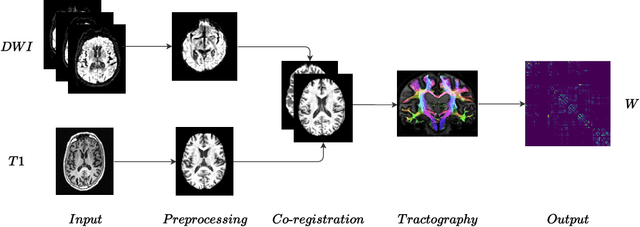
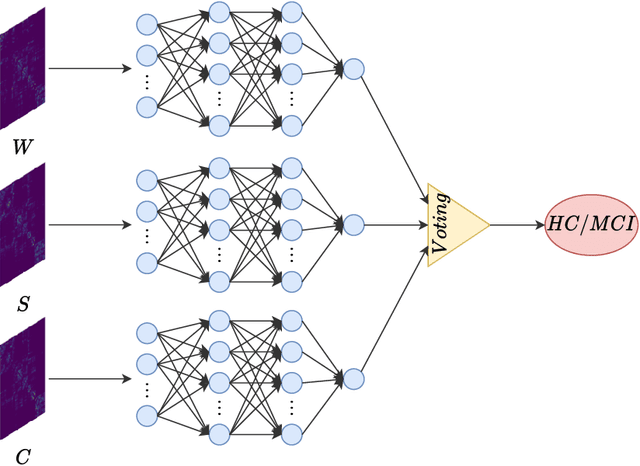
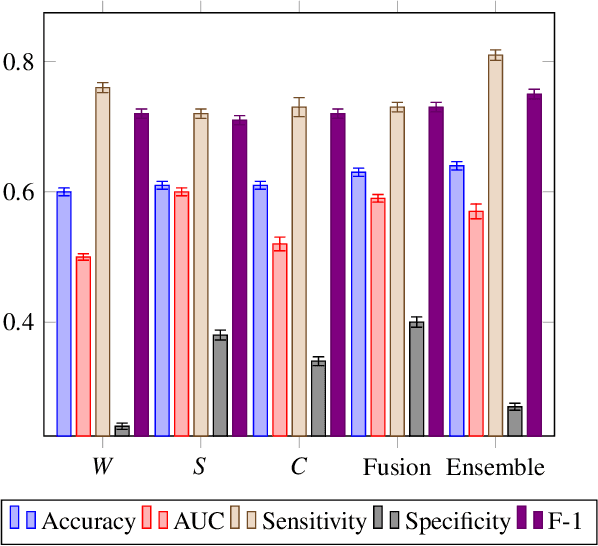
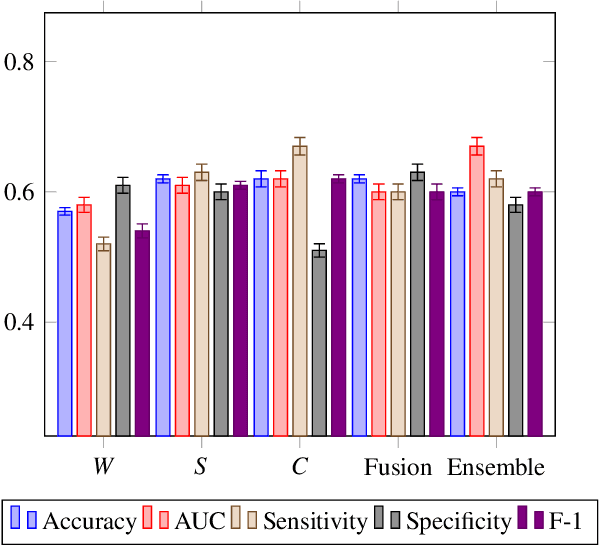
Abstract:In this paper, we propose a novel method for mild cognitive impairment detection based on jointly exploiting the complex network and the neural network paradigm. In particular, the method is based on ensembling different brain structural "perspectives" with artificial neural networks. On one hand, these perspectives are obtained with complex network measures tailored to describe the altered brain connectivity. In turn, the brain reconstruction is obtained by combining diffusion-weighted imaging (DWI) data to tractography algorithms. On the other hand, artificial neural networks provide a means to learn a mapping from topological properties of the brain to the presence or absence of cognitive decline. The effectiveness of the method is studied on a well-known benchmark data set in order to evaluate if it can provide an automatic tool to support the early disease diagnosis. Also, the effects of balancing issues are investigated to further assess the reliability of the complex network approach to DWI data.
Visual link retrieval and knowledge discovery in painting datasets
Mar 18, 2020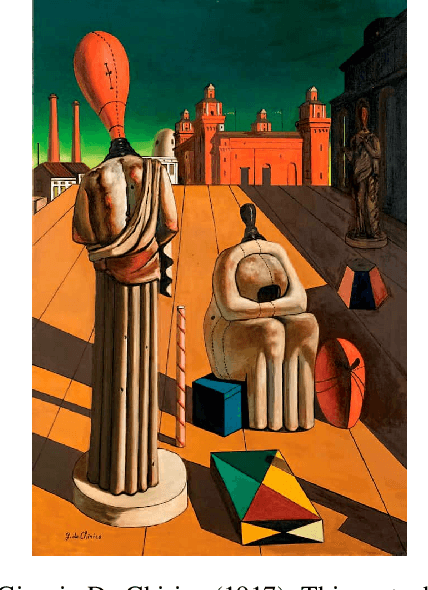
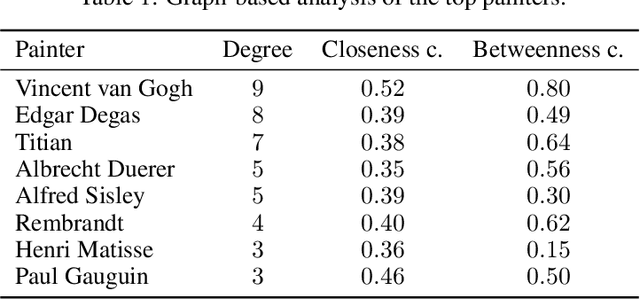
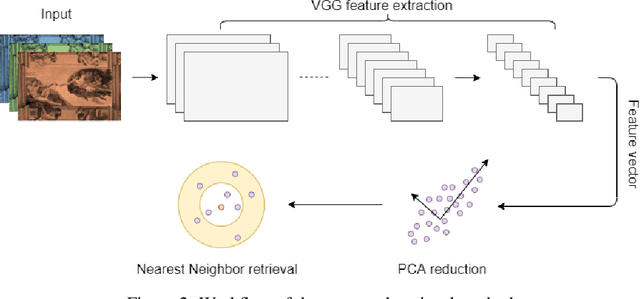
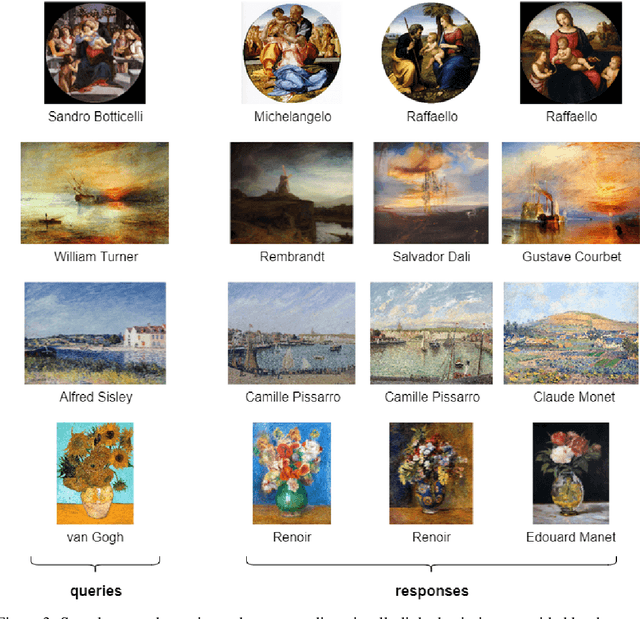
Abstract:Visual arts have invaluable importance for the cultural, historic and economic growth of our societies. One of the building blocks of most analysis in visual arts is to find similarities among paintings of different artists and painting schools. To help art historians better understand visual arts, the present paper presents a framework for visual link retrieval and knowledge discovery in digital painting datasets. The proposed framework is based on a deep convolutional neural network to perform feature extraction and on a fully unsupervised nearest neighbor approach to retrieve visual links among digitized paintings. The fully unsupervised strategy makes attractive the proposed method especially in those cases where metadata are either scarce or unavailable or difficult to collect. In addition, the proposed framework includes a graph analysis that makes it possible to study influences among artists, thus providing historical knowledge discovery.
 Add to Chrome
Add to Chrome Add to Firefox
Add to Firefox Add to Edge
Add to Edge